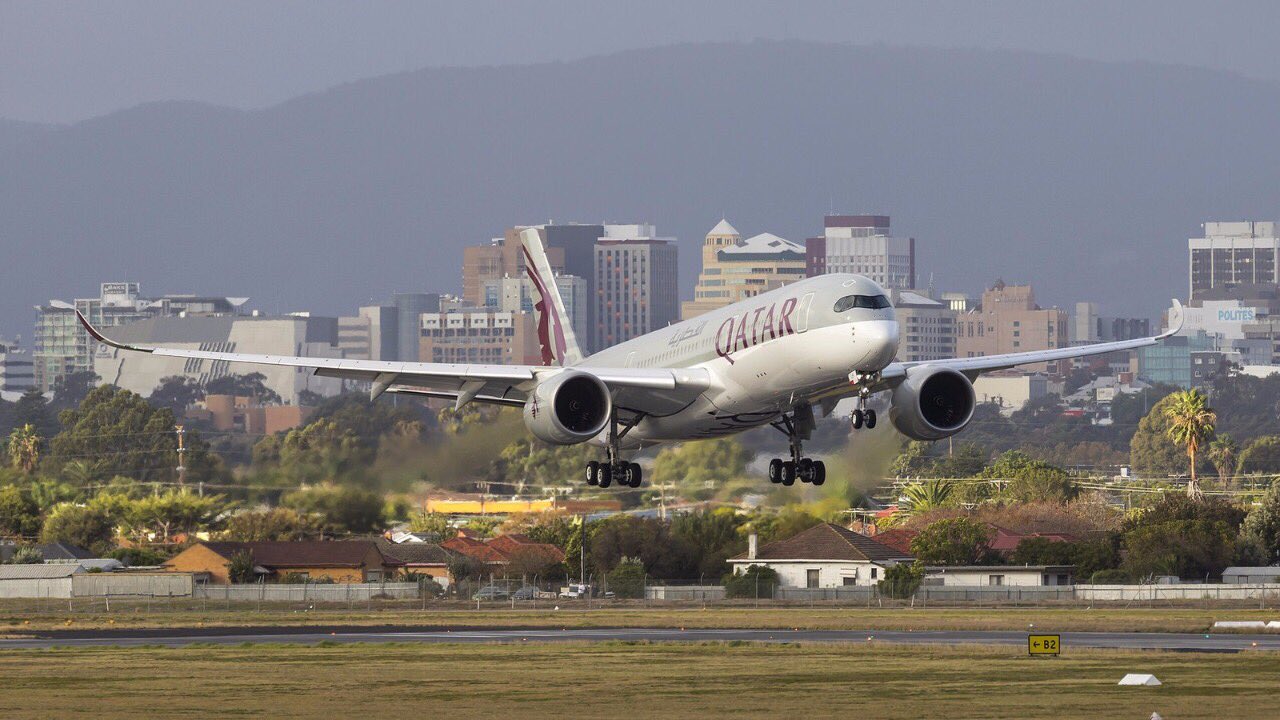
Turkey’s tourism industry and flagship airline are reeling after a dramatic backlash from Indian travelers, triggered by Ankara’s public support for Pakistan in the wake of escalating India-Pakistan tensions. The fallout has been swift and severe: Turkish Airlines shares have plunged over 10% in the last month, and travel agencies are reporting an unprecedented collapse in bookings from India, one of Turkey’s fastest-growing tourism markets.
A Diplomatic Rift With Economic Consequences
The crisis erupted after Turkey openly backed Pakistan following India’s Operation Sindoor, a retaliatory military strike against terrorist bases in Pakistan and Pakistan-occupied Kashmir. The operation was launched in response to a deadly attack in Pahalgam, Kashmir, that claimed 26 lives, mostly Indian tourists, and was attributed by New Delhi to Pakistan-based militants.
Turkey’s stance, echoed by Azerbaijan, sparked outrage across India and ignited a widespread boycott movement. Social media campaigns under hashtags like #BoycottTurkey have galvanized public sentiment, urging Indians to cancel travel plans and shun Turkish products and services.
Tourism Nosedives: Bookings Plunge, Cancellations Soar
The impact on Turkey’s tourism sector has been immediate and dramatic. MakeMyTrip, a leading Indian travel platform, reported a 60% drop in bookings to Turkey within just one week, while cancellations surged by 250%. EaseMyTrip, another major agency, confirmed a sharp uptick in cancellations and has issued advisories against non-essential travel to Turkey and Azerbaijan.
Travel industry leaders say the shift is unmistakable. “From a consumer behaviour standpoint, there is a noticeable change in destination preferences. Bookings for impacted regions have come to a standstill, driven by the uncertainty following the ceasefire,” said Rikant Pittie, CEO and co-founder of EaseMyTrip.
This exodus is particularly painful for Turkey, which saw Indian tourist arrivals jump 18% in 2023 to 274,000, up from 230,000 in 2022. Indian visitors are prized for their high spending, with estimates suggesting total annual outlays of $350–400 million in Turkey last year alone.
Turkish Airlines Shares Take a Hit
The collapse in Indian tourism has hammered Turkish Airlines, the country’s national carrier. Over the past month, its shares have tumbled from 312.75 Turkish Lira to around 280, a drop of more than 10%1. Analysts attribute the decline directly to lost business from Indian travelers and warn of further downside if the diplomatic standoff persists.
“Turkish Airlines’ share price has been under pressure due to the recent cancellation of flights for Indian tourists. Fresh bookings from India to Turkey also hit significantly after Turkey stood with Pakistan after Operation Sindoor. Hence, the market is discounting the business loss that the aviation company is expected to incur in the upcoming quarters,” said Avinash Gorakshkar, Head of Research at Profitmart Securities1.
Technical analysts describe the stock’s recent performance as a “structural failure,” with bearish momentum likely to intensify if key support levels are breached.
The Road Ahead
The boycott’s effects are rippling beyond tourism, impacting trade, education, and aviation links between India and Turkey. Travel agencies have shifted their focus to alternative destinations, such as Thailand, Bali, and Malaysia, as Indian travelers seek out “safer and more neutral” options.
With Turkey aiming to attract over 3 million Indian tourists in the coming years, the current standoff threatens to derail its ambitious tourism targets and underscores the economic risks of diplomatic entanglements.
As the situation evolves, both Turkish businesses and policymakers will be watching closely, hoping for a thaw in relations—and a return of the Indian travelers who have become a vital part of Turkey’s tourism success story.





















-302cd4-large-1748788146 (2).jpg)


.jpg)
















.jpg)



.jpg)
.jpg)
.jpg)







.jpg)









